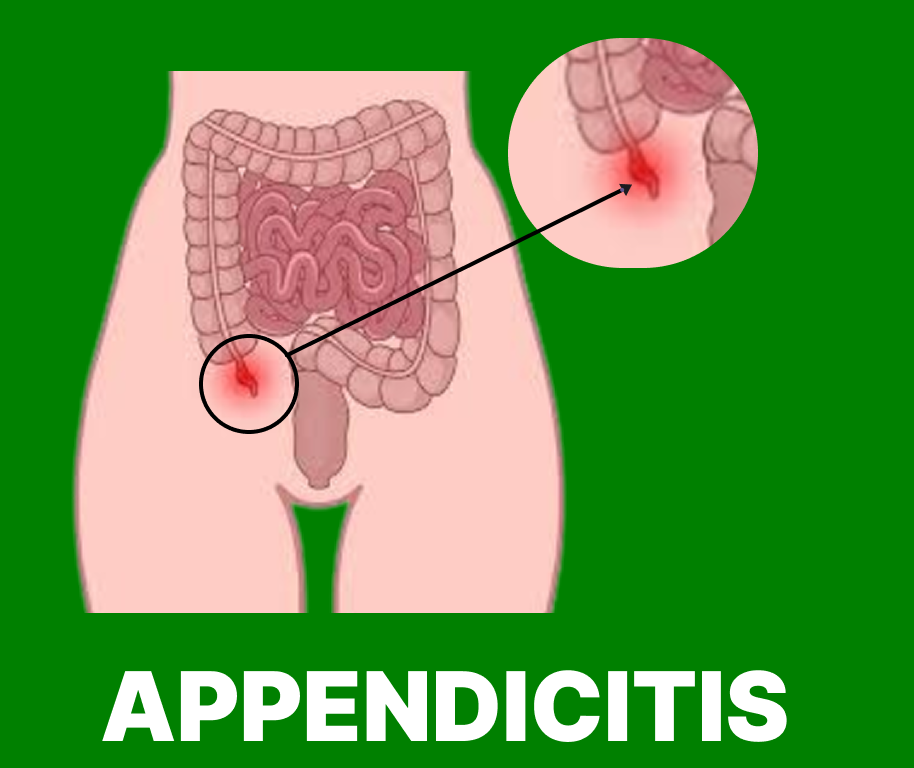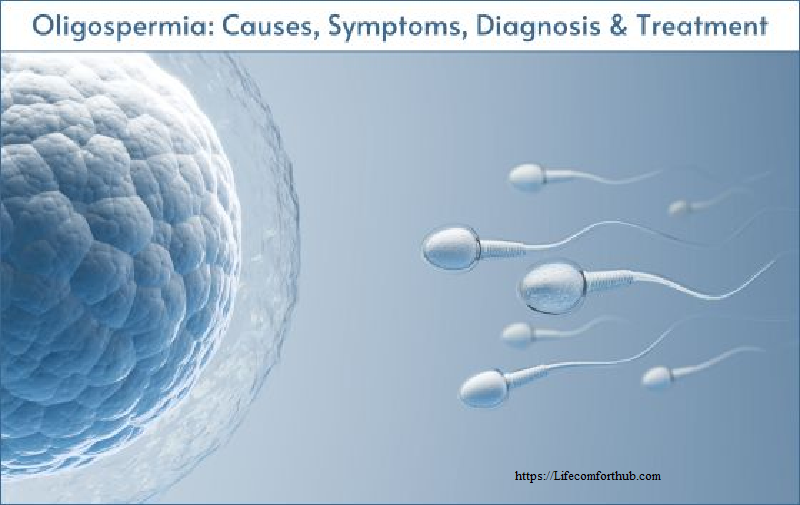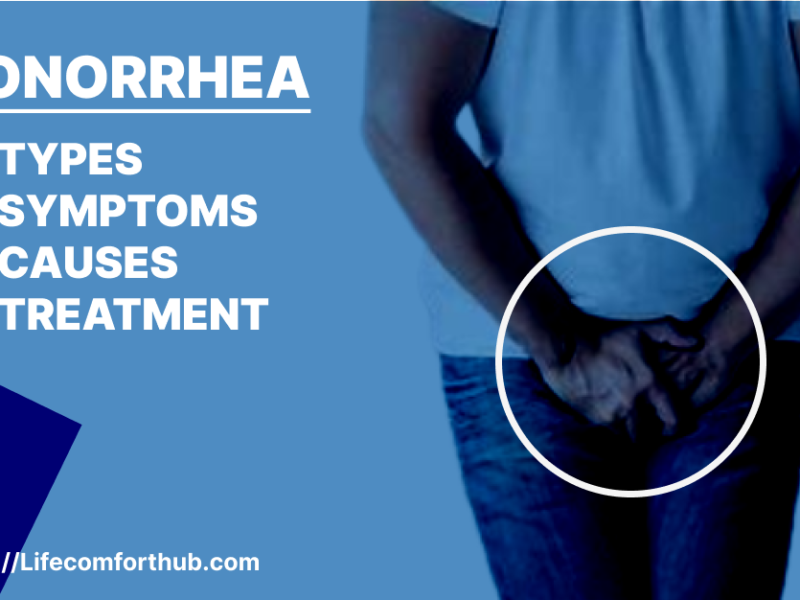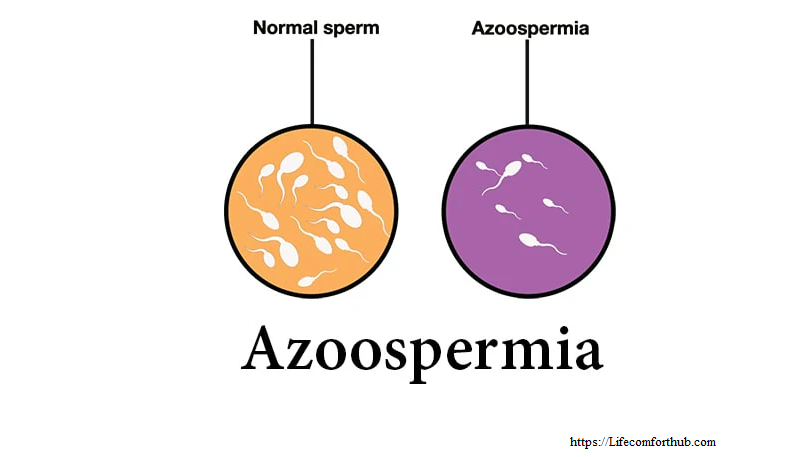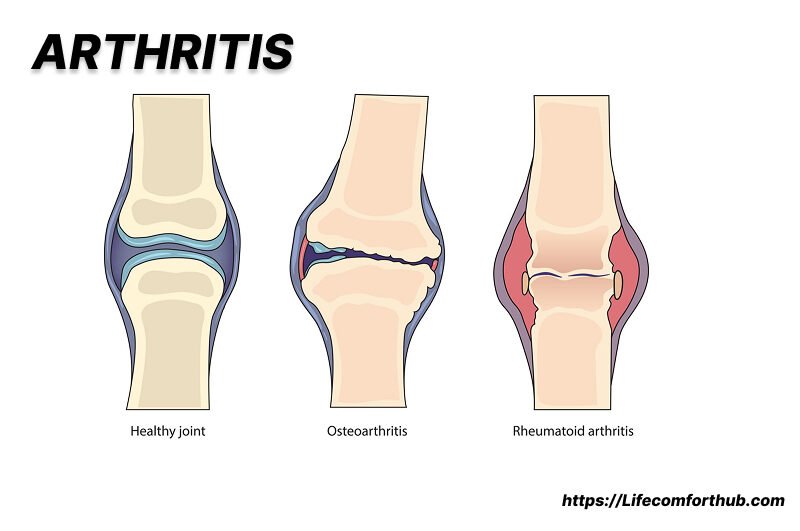Table Of Contents
What is Appendicitis | Types of Appendicitis | The Symptoms of Appendicitis | Health issues similar to Appendicitis | Causes of Appendicitis | Treatment for Appendicitis
What is Appendicitis
The Appendicitis which is also know as an inflamed or infected appendix or rather Appendix is an internal body organ that is located at the large intestine (The Cecum). It is usually shaped like a tube and is located at the lower right side of the abdomen. Although it doesn’t have any significant function, it is believed that during its early stage of life it actually supports the immune system. It is not actually, an important organ, and therefore can be removed anytime without side effects (appendectomy).
However, Due to its bad location, poop moving through the large intestine sometimes block or infects the appendix. When this occurs, it causes swelling and if not attended to can burst anytime. If an appendix bursts it distributes infections and bacteria all around your bowels and abdomens, and gradually it enter your blood streams. Once its in the blood stream it can cause a life-predating situations, leaving the only treatment for it to be the eliminating the appendix.
Appendicitis is of two main types the chronic and the Acute Appendicitis.
Types Of Appendicitis
Acute Appendicitis is the most common type, but as the name implies it usually starts all of a sudden and worsens very very fast. The Chronic Appendicitisis rather not a popular type, so there wont be much to be expected from it. Know that it can’t be recognized that easily and go for long without being noticed. However, it is very important to see a specialist, doctor or go to a hospital whenever you experience pain in your tummy or abdomen. To avoid stop it from becoming worse. Appendicitis is actually a very common disease that affects people normally between the age of 10 and 30 years.
The Symptoms of Appendicitis
Abdominal pain is the most common symptom of appendicitis, followed by lost of appetite and nausea. These symptoms usually present them in a pattern, but unfortunately a few cases normally have classic patterns that are sometimes not easy to detect especially for pregnant women.
The Early Signs of Appendicitis
Experiencing abdominal pain is the first sign, it starts in the middle abdomen around the bowel. Following an off and on pattern it comes and go in many intervals causing pain for the victim. Slowly, the pain increases causing nausea and vomiting. Soon after that the pain moves to the down abdomen which is the location of the appendix. the victims condition from that point will start and continue to worsen.
The Possible Symptoms Of Appendicitis
Although there abdominal pain and nausea, there are still a few extra symptoms:
- Malaise: In this situation, the victim will begin to feel unwell and will experience fatigue, and always feeling like not get out of bed.
- Fever: Majorly, people do catch fever when it starts. this explains the fact that your immune system is actually being defeated, and that its either that the bacteria is affecting a large area in your body or that the appendix is swelling in a high rate.
- Bladder Problem: The Urge to pee every time increases and become more urgent. It can occur if the nerves synced to your bladder are reacting to the appendicitis.
- Bowel Paralysis: its a situation, when the flow of blood in your tummy is stopped and redirected to the appendix causing constipation. Being unable to pass gas keeps the victims in an uneasy condition.
- In some cases some of them may develop Diarehea, resulting in pooping from time to time. This can be the result of the reaction between the appendix and the colon beside it.
Health Issue Similar To Appendix
the appendix is located near the pelvic organ, and any issues that affects that region can sometimes be mistaken for appendicitis. some of this conditions are:
- Gastroenteritis
- Irritable Bowel Syndrome (IBS)
- Crohn’s Disease
- Diverticulitis
- Intestinal Obstruction
- Constipation
- Urinary Tract Infection (UTI)
- Kidney Stones
- Pelvic Inflammatory Disease (PID)
- Ectopic Pregnancy
- Ovarian Cyst
- Endometriosis
- Pancreatitis
- Mesenteric Lymphadenitis
- Muscle Strain
Note: the main similarity between appendicitis and all the conditions listed is that they can all cause abdominal pain. Many of them also share other symptoms like nausea, vomiting, fever, and changes in bowel habits.
The Causes Of Appendicitis
Many people escaped Appendicitis because of the size and location of their appendix. Big appendix Usually collects bacteria easily due to numerous backerias that pass through the intestine. Once the appendix opens, it even gathers and stores more bacteria creating infections. There are numerous causes of Appendicitis:
- Strong Faeces (Hard Poops): Fecaliths also know as hard shits can get stuck at the opening of your appendix. Normally they are carriers of bacteria plus the ones they also attract and store in the appendix making it easy for it to get infected.
- Colitis: The swelling of the colon due to an infection disease affects the appendix. making the infection to spread more.
- lymphoid hyperplasia: Think of your lymphatic system as your body’s own personal army. It’s a key part of your immune system, Sometimes, even if the initial infection is located somewhere else in your body, this army can overreact and cause the lymphoid tissue in your appendix to swell up. its like sending the troop to a wrong battle field. when they overreact they sometimes block the appendix.
Some other causes include:
- Tumors.
- Parasites.
- Cystic fibrosis.
Treatment for Appendicitis
There are several treatment for swelled appendix, been considered an emergency sickness. The main and major treatment for it is medication and surgery.
Medication
Antibiotics are almost always a must for appendicitis, even if an infection wasn’t the original trigger, because one usually develops. They’re also a standard pre-surgery precaution. In very mild, early cases, a doctor might try a “watchful waiting” approach with just antibiotics, particularly if surgery carries higher risks for the patient.
However, this is rare because appendicitis often comes back if the appendix isn’t taken out. Pain relief medication, usually through an IV, will likely be needed. If surgery is necessary, you’ll receive general anesthesia, so you’ll be unconscious during the procedure.
Surgery
Appendicitis is primarily treated with surgery to remove the inflamed appendix, a procedure called an appendectomy. This is done to prevent rupture and the spread of infection. The surgery can be performed laparoscopically, using small incisions and specialized instruments including a camera, or via an open appendectomy with a larger incision, which might be necessary if the appendix has ruptured or if there are other complications.
During the procedure, the surgeon detaches the appendix and removes it. If the appendix has ruptured and caused a more widespread infection, the abdominal cavity will be thoroughly cleaned. Post-operatively, antibiotics are administered to combat any remaining infection, and pain medication is prescribed. Recovery typically involves a short hospital stay, followed by a gradual return to normal activities.
So, the bottom line with appendicitis is: catch it early, and you’re usually good to go. Most people bounce back fast after surgery. If things are complicated, like if it bursts or the infection spreads, recovery takes longer, and you might need more treatment. Just antibiotics? There’s a good chance it’ll come back. But if you ignore it completely? That’s seriously risky – more than half the people who don’t get treated die. So, if you’re feeling that right-side pain, don’t mess around – see a doctor ASAP.
